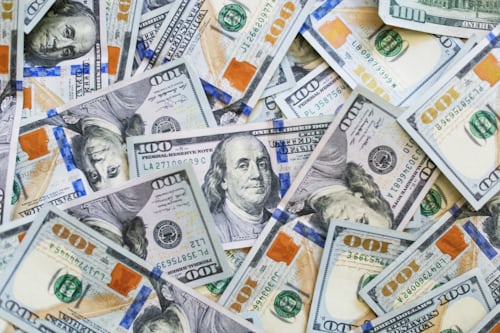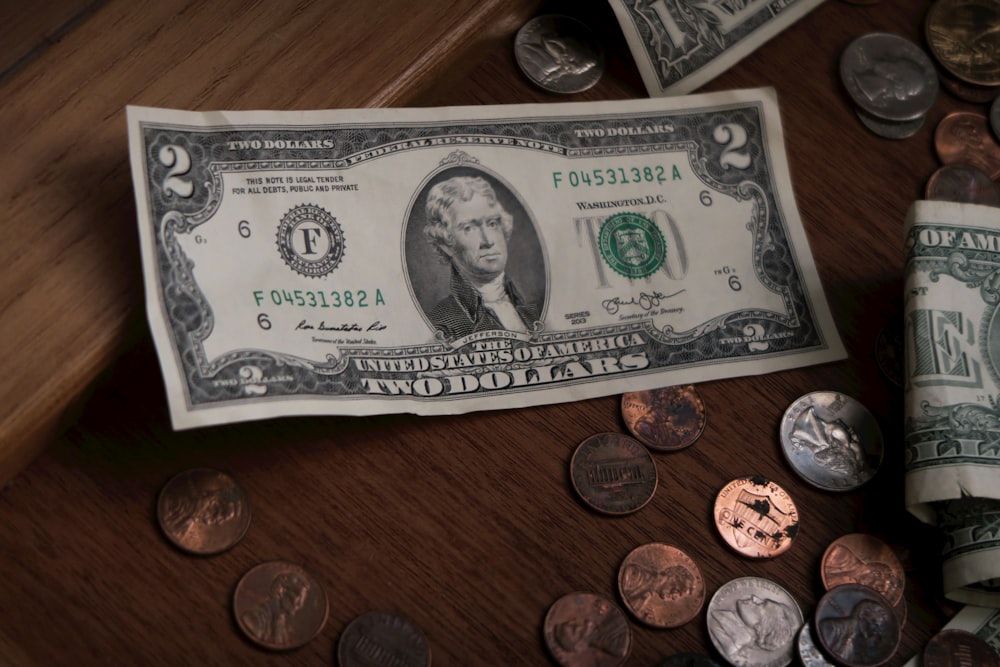Converting 300 Million Won to USD: Unveiling Currency Exchange

Introduction:
Currency conversion is a vital aspect of today’s global economy, bridging gaps between nations and facilitating international transactions. When dealing with substantial figures like 300 million Won to USD, the conversion to US Dollars can yield interesting insights. In this article, we’ll delve into the process of converting 300 million Korean Won to USD and explore the significance of such conversions in the financial landscape.
Understanding the Conversion:
300 million Won to USD may sound impressive, but understanding its equivalent value in US Dollars provides clarity. As of the latest exchange rate, the conversion amounts to a significant sum. Such conversions are influenced by various factors, including market dynamics, geopolitical events, and economic indicators.
Calculating 300 Million Won to USD:
The conversion rate between Korean Won (KRW) and US Dollars (USD) can fluctuate. At the current exchange rate, 300 million Korean Won converts to a substantial amount in US Dollars. This highlights the impact of exchange rate variations on the overall value of a currency.
300,000,000 Million Korean Won in USD:
For a more comprehensive perspective, consider the conversion of 300,000,000 million Korean Won to USD. This magnitude of currency conversion underscores the significance of international trade and financial transactions in today’s interconnected world.
Contextualizing Currency Conversion:
Converting currency goes beyond mere numbers; it reflects the interactions between economies, trade relationships, and global financial stability. The exchange rate between Korean Won and USD serves as a barometer of economic health and market sentiment.
Value of $300 Million Won in US Dollars:
The equivalent value of $300 million Won in US Dollars is a substantial amount. This conversion showcases the power of currencies to represent economic strength and influence trade balances on a global scale.
Exploring Korean Won’s Worth:
In a domestic context, understanding the value of Korean Won offers insights into purchasing power within South Korea. This perspective is essential for both residents and businesses, guiding financial decisions and aiding in budgeting.
The Value of 1 Million Korean Won:
Shifting focus to a smaller unit, let’s explore the value of 1 million Korean Won. This amount holds varying significance based on individual circumstances and market conditions, exemplifying the nuances of currency valuation.
100 Million Won’s Worth in Korea:
In South Korea, 100 million Won carries substantial value. This amount can have significant purchasing power, making it essential to consider when evaluating prices, investments, and savings.
Impact of Currency Fluctuations:
Currency exchange rates are dynamic, influenced by economic indicators, geopolitical events, and investor sentiment. These fluctuations affect the real value of currency holdings and international trade competitiveness.
Converting 1 Million Won to USD:
For a more relatable example, let’s convert 1 million Korean Won to USD. This conversion showcases the practical implications of currency exchange for everyday transactions, travel, and cross-border commerce.
Converting 300 million Won to USD is more than a numerical exercise; it represents the intricate interplay between economies, markets, and individuals. The ever-changing landscape of currency exchange rates reminds us of the fluidity of financial systems and the importance of staying informed about global economic dynamics.
As you navigate the realms of finance and currency exchange, remember that every conversion tells a story of economic health, global trade, and the interconnectedness of nations.
Currency conversion, in all its complexity, highlights the interconnectedness of the modern world. The ebb and flow of exchange rates encapsulate geopolitical events, market sentiments, and economic indicators, all of which influence the value of money across borders.
So, as we reflect on the conversion of 300 million Korean Won to USD, let’s not just see it as a transactional calculation. Let’s see it as a reflection of the shared global economy, where each unit of currency represents a thread woven into the intricate fabric of financial interconnectedness.







